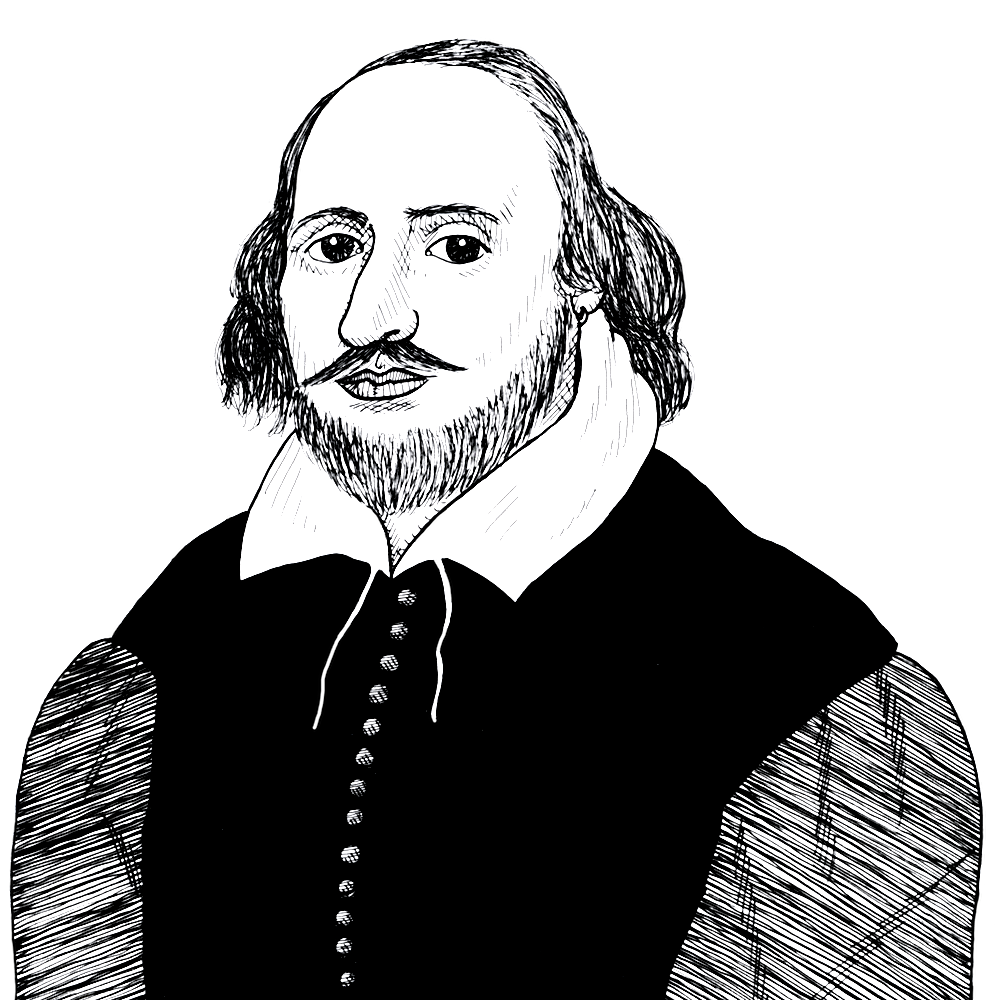
The Duke of Burgundy asks the Kings of France and England why “gentle peace” should not be allowed to return France to its former prosperity (1599)
Found in: The Life of King Henry the Fifth
In Henry V, Shakespeare (1564-1616) has the Duke of Burgundy make an impassioned speech to the Kings of France and England, whose war for control of northern France has so devastated the countryside, in which he asks them why “the naked, poor, and mangled Peace” should not be restored in order to “expel these inconveniences, And bless us with her former qualities”:
War & Peace
I demand before this royal view,
What rub or what impediment there is,
Why that the naked, poor, and mangled Peace,
Dear nurse of arts, plenties, and joyful births,
Should not in this best garden of the world,
Our fertile France, put up her lovely visage?
Alas! she hath from France too long been chas’d,
And all her husbandry doth lie on heaps,
Corrupting in its own fertility…
And as our vineyards, fallows, meads, and hedges,
Defective in their natures, grow to wildness,
Even so our houses and ourselves and children
Have lost, or do not learn for want of time,
The sciences that should become our country,
But grow like savages,—as soldiers will,
That nothing do but meditate on blood,..
my speech entreats
That I may know the let why gentle Peace
Should not expel these inconveniences,
And bless us with her former qualities.